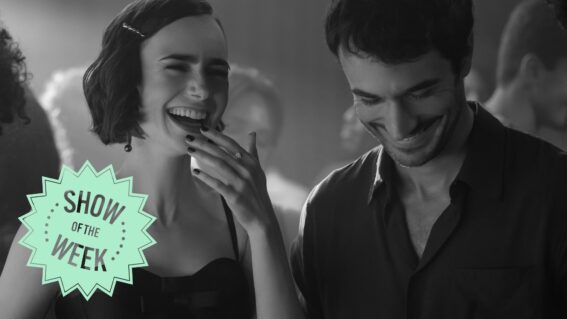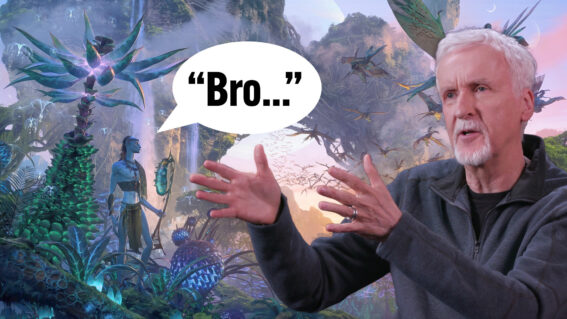Kate Winslet rules as an absurd dictator in satirical series The Regime
“Never breathe in her direction. Stay calm. Don’t vomit.”
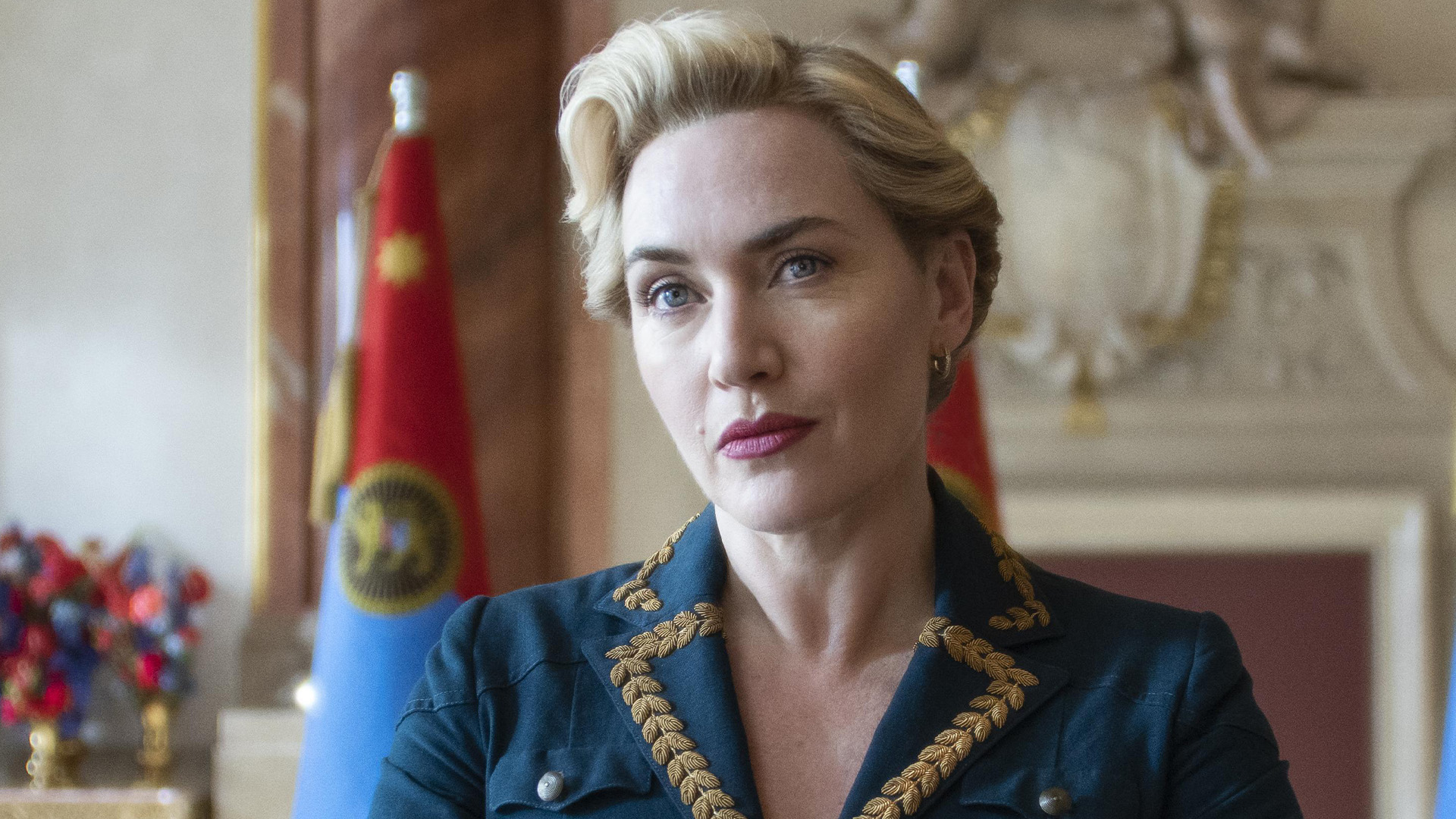

From the exec producers of Succession, the great Kate Winslet flexes both dictatorial and comedic muscles in The Regime – streaming on Neon from March 4. Her predictably superb performance anchors a mix of broad and pointedly political satire, says Steve Newall.
“Never breathe in her direction. Stay calm. Don’t vomit”. These words might not catch on as decorations on tea towels and mugs the same way “keep calm and carry on” did, but they’re important instructions nevertheless if you’re a newcomer to The Regime.
Plenty of despots have hit the screen over the years, but Kate Winslet’s Chancellor is something else. Instead of a third world dictator caricature—a half-price Hussein, a copycat Ceaușescu—the show offers a glammed-up take on a contemporary iron lady, written by Will Tracy (Succession, The Menu) and with The Queen‘s Stephen Frears directing most eps. Years after coming to power, defeating what she labels a “crony cabal of neo-Marxist thieves”, Chancellor Elena Varnham rules an unnamed country defined as being in “Middle Europe”.
There’s a pinch of Putin and Peron to her populist leanings, some Thatcher and Marcos too—and when playing off American and Chinese geopolitical interests against each other, more than a little of Hungary’s faux-democratic leader Viktor Orbán (particularly when full member status of NATO is being dangled in front of her). But there’s also a patheticness one might associate more with another strain of Western politics—the haplessness of Truss, the tacky TV evangelist hucksterism of MAGA.
Unlike male dictators, Varnham obscures her fascism with maternal and romantic veils—her propaganda messages to her increasingly unhappy subjects refer to them as her “loves” and blur the line between stateliness and sexual. As she coos from TV speakers to unwilling listeners, it’s a glimpse of a less male-centric 1984. At other times, the Chancellor’s need to be adored shines forth in off-key glorified karaoke performances (like Chicago’s If You Leave Me Now) to an audience trying to hide their winces.
In other words, there’s a flirtation with The Great’s absurdity here, some Armando Iannucci there (overtly, in unstatesmanlike lines like: “Or, you can hold China’s cock, while they piss all over your shoes and hold you hostage to their corrupt supply lines”). In other words, the comedy’s sometimes broad, sometimes bawdy, sometimes leaning into astute political skewering.
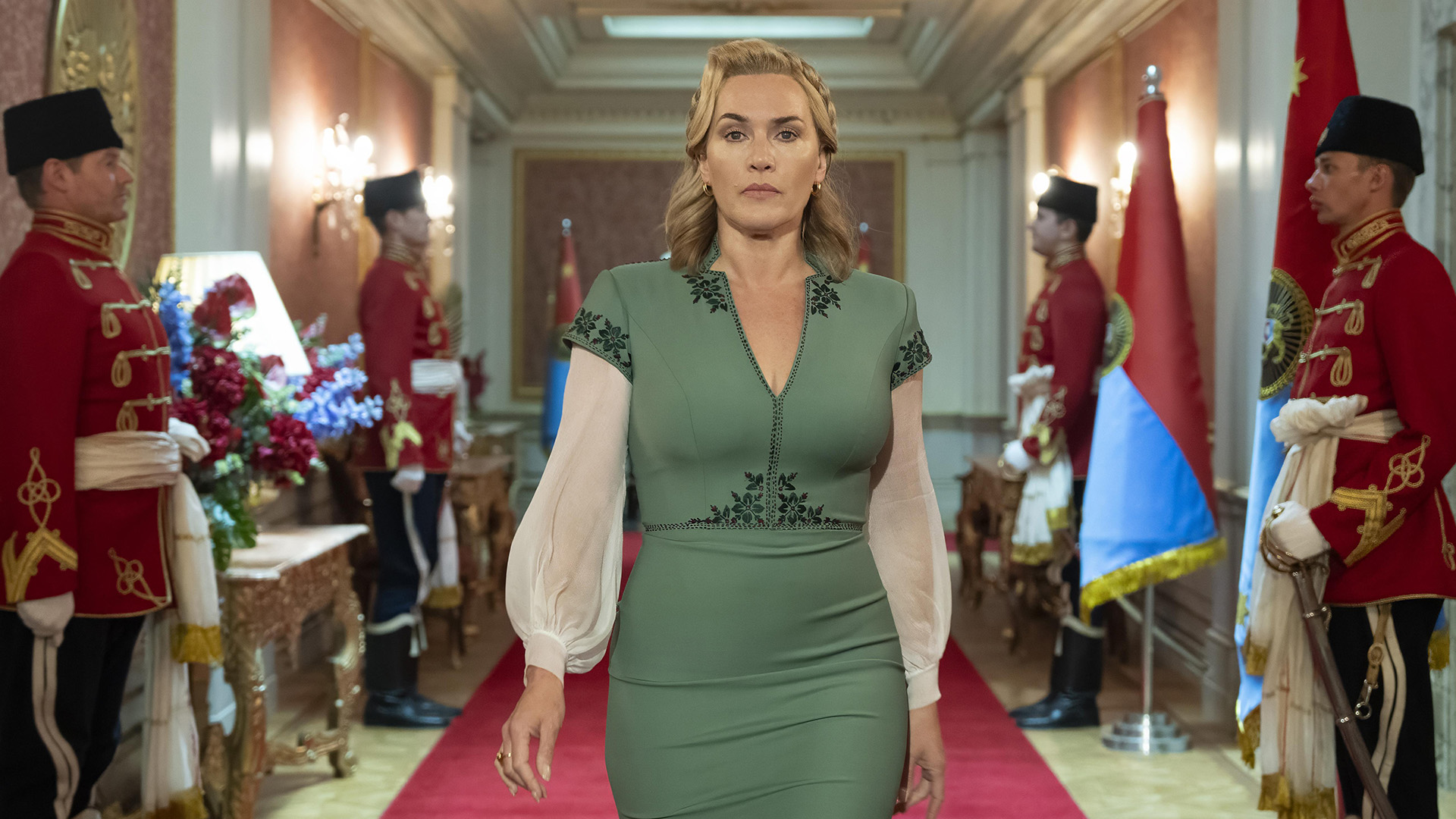
Living in near-seclusion in an opulent one-time hotel (from a distance, reminiscent of the Grand Budapest kind) that she’s requisitioned as her palace, Varnham relies on fear to manage her own crony cabal of underlings. For those around the cabinet table, who seem to have made a devil’s deal to risk their lives in her administration for the power and (looted) riches it brings, Varnham’s every whim could decide their fate—so they encourage and abet every distraction to take the focus away from themselves.
Case in point, as this new satirical series gets underway, we soon learn of Varnham’s fear of mould, a ruler’s insecurity reminiscent of Trump’s germophobia. To combat the scourge of spores, dehumidifiers are scattered throughout the palace, Varnham’s nose twitches at the suggestion of odour, and the armed services are called on to provide someone to monitor humidity levels in her presence.
That’s where Corporal Herbert Zubak (Matthias Schoenaerts, The Mustang) comes in, and whose naive eyes we will be introduced to all manner of absurdities carried out in the Chancellor’s name. Zubak isn’t an untainted pair of eyes, though—instead, he’s a brute, one of a unit of troops who recently opened fire on protesting miners, killing a dozen of them.
To Varnham, the Corporal (referred to by others disdainfully as The Butcher) is a breath of, well, fresh air. As he accompanies her around the palace, gesturing absurdly with his humidity monitor, Zubak seems unconstrained by petty considerations—of politics, the people, protecting his own neck. Instead, he’s a cipher for the Chancellor’s own impulsive authoritarian tendencies. He does what he wants, and what he says he means—unlike fawning cabinet members.
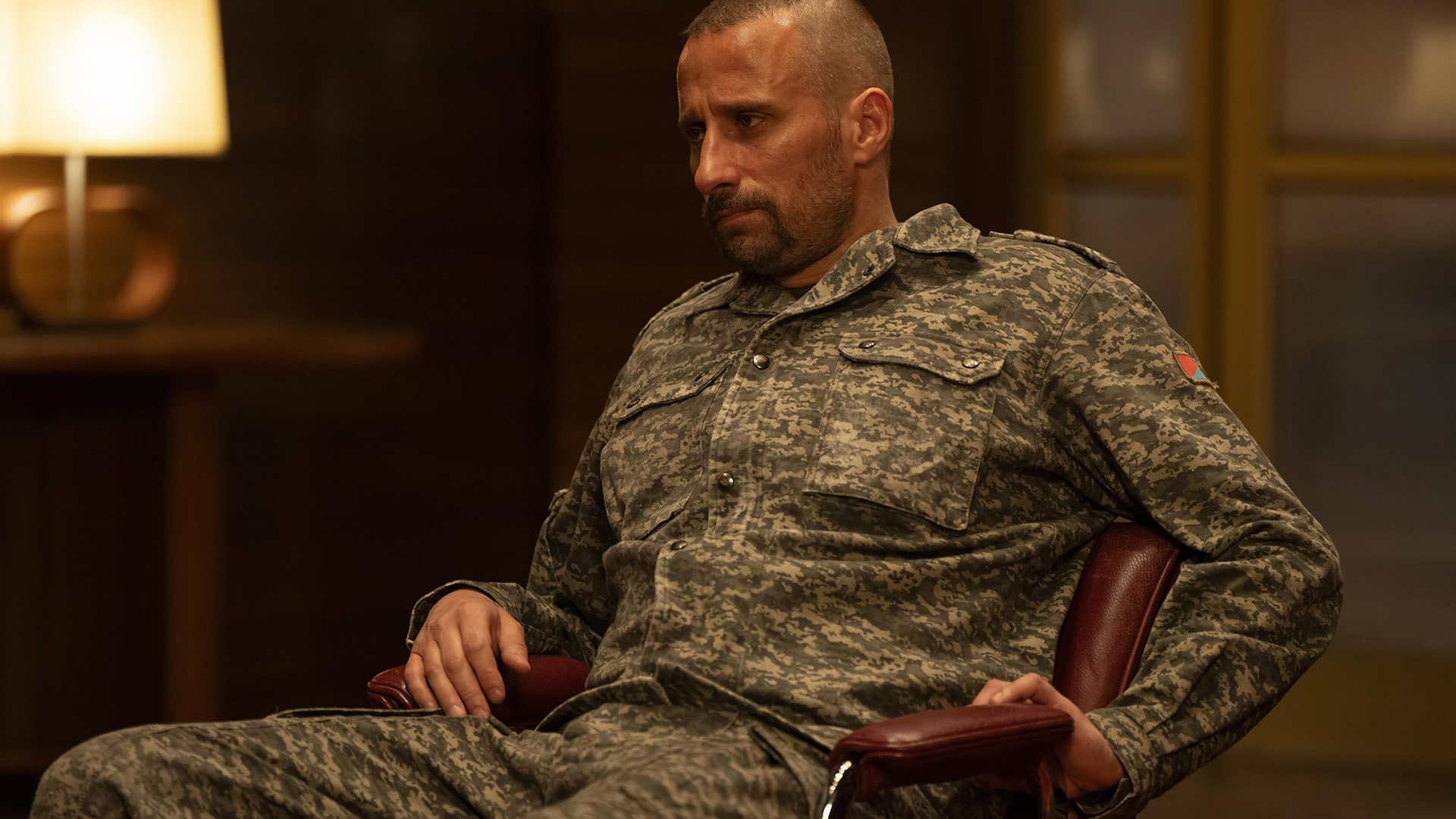
As we learn more about the Chancellor, particularly her relationship with her own father—deceased, kept in a glass case à la Snow White—her own insecurities become clearer. In particular, a need to live up to her father’s approval, to project strength. It’s hard not to see her decomposing dad as a bit of a Fred Trump in this regard, a parent haunting their hapless/hopeless offspring with a challenge to greatness they can never, ever reach.
The Corporal’s pure and unbending adoration for the Chancellor goes a long way to explaining how he quickly becomes her most trusted confidant. “You are the only one who can tell me what the nobodies want,” she tells him. But their relationship is more than that. When later he hisses about the Chancellor’s rivals “I’d love to smash their fucking faces—forever,” Zubak is a singleminded expression of her will and strength, free from artifice.
But whether the Chancellor is as strong as all that is another question. As The Regime follows a turbulent year for this “young central European republic ready to embrace a modern corporate government,” Kate Winslet turns in a predictably superb performance, one that lets her run the gamut with her acting skillset. There may be plenty of other talent dotted around (Andrea Riseborough, Martha Plimpton, a typically scene-stealing Hugh Grant), but this is Winslet’s show—taking centre stage for more than just some wobbly karaoke.










